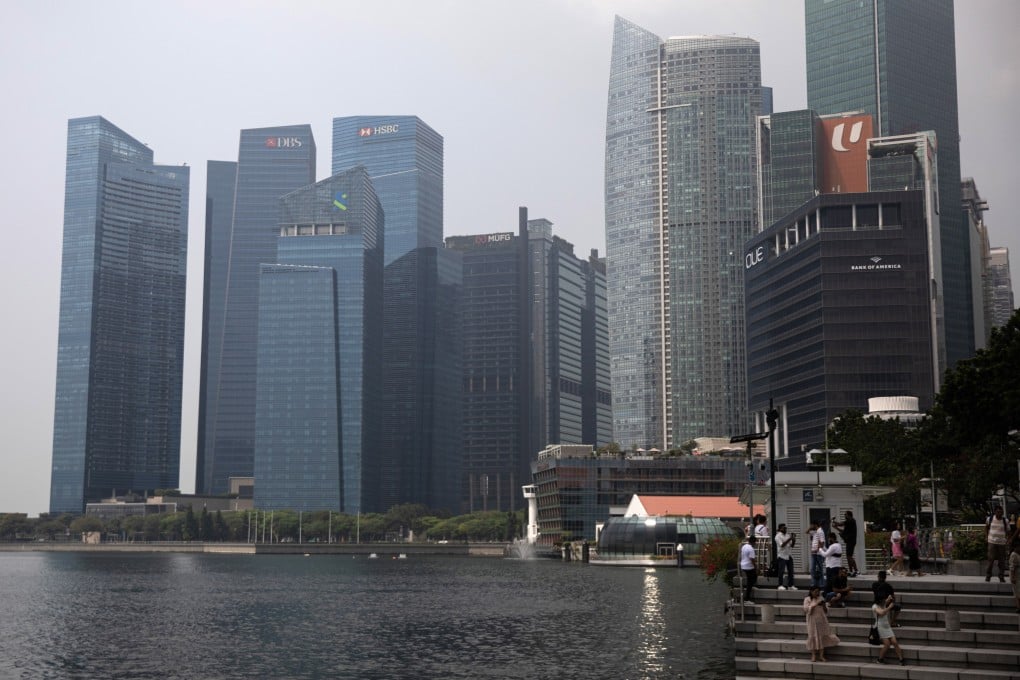Advertisement
Commercial property: Hong Kong, Singapore only bright spots as rising interest rates kill off deals across Asia-Pacific
- The rival business hubs both saw their deal values increase on a quarterly basis, defying a regional rout in investment amid rising financing costs
- In other major property markets in the region such as mainland China, Japan, Australia and South Korea, deals fell between 33 per cent and 78 per cent
Reading Time:3 minutes
Why you can trust SCMP

Commercial property deals in Hong Kong and Singapore, Asia’s main business hubs, grew in the first quarter, defying a regional rout in investment as rising financing costs sidelined potential buyers, according to financial data company MSCI.
In the first three months of the year, Hong Kong saw commercial property deals worth US$2.6 billion, up 15 per cent from the previous quarter, but 40 per cent lower than a year ago. Its rival Singapore fared better, with deals worth US$3.7 billion in the same period, 40 per cent higher than the preceding three months and an 18 per cent rise from a year ago.
Hong Kong and Singapore were “bright spots” that contrasted with a quarterly slump in other major property markets in the region such as mainland China, Japan, Australia and South Korea, where deals fell between 33 per cent and 78 per cent. On an annual basis, the commercial real estate transactions in these markets declined by between 19 per cent and 47 per cent, the MSCI data show.
Advertisement
“Trading of commercial property slumped in the first quarter of 2023 to the lowest total in over a decade, extending the downturn seen in the second half of 2022, due to rising interest rates and an unsettled picture on pricing,” the report said.
“The volume of income-producing properties that changed hands totalled US$27.2 billion in the first quarter of 2023, just half the level of the same period a year ago.
“Of the major markets, only Singapore and Hong Kong were the main bright spots, each boosted by megadeals.”
Advertisement
Advertisement
Select Voice
Select Speed
1.00x
